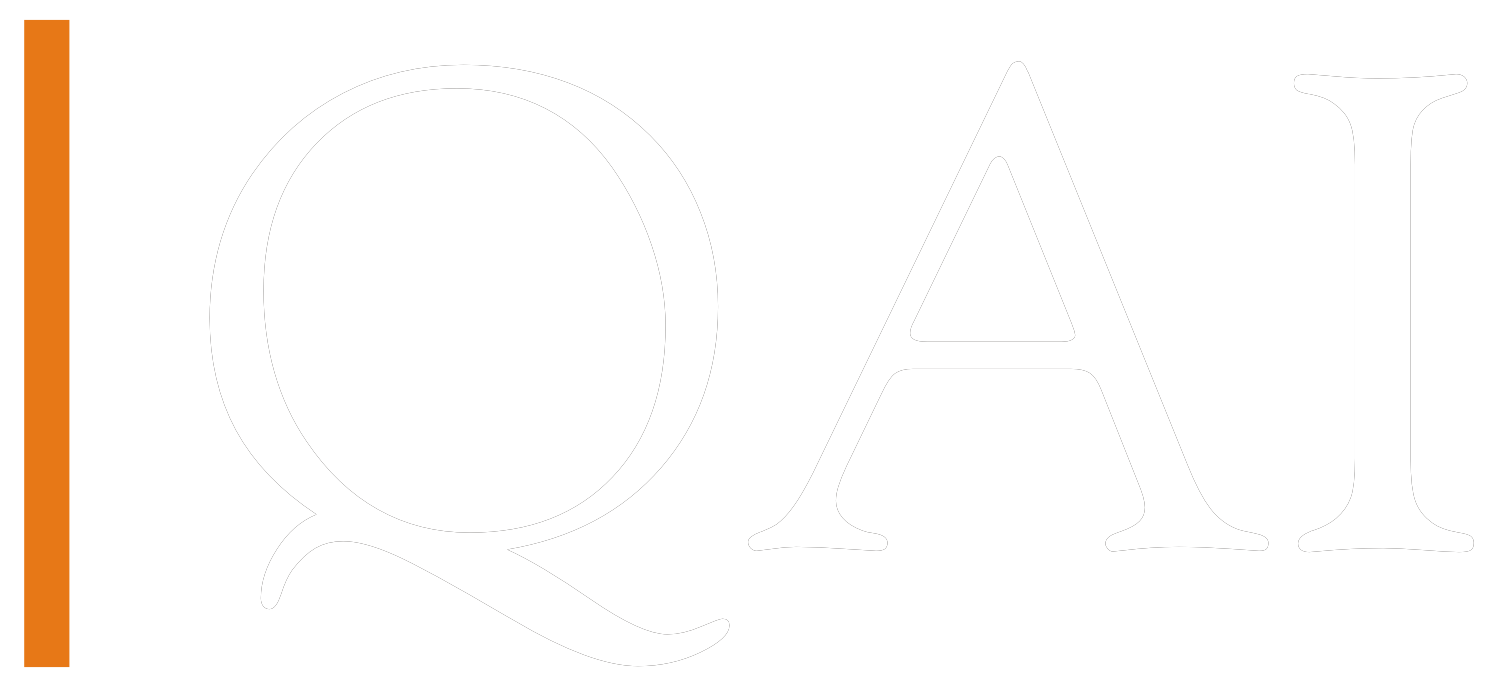Become a Business Relationship Management Professional®
with QAI
Align IT Services with the needs of Business
Why go for BRMP Foundation
Certification with QAI
0+
Courses offered from 12 categories
0Yrs
Industry
Experience
Experience
0K+
Trained
Professionals
Professionals
0+
Corporate
Training
Training
0%
Success
Rate
Rate
0+
Registered vendor of 1500+ Clients
What
will you
Learn
Course
Curriculum
- Can explain the goals and objectives of the BRM role.
- Understand why the BRM role is gaining importance and how it is evolving in response to business and provider forces.
- Explain the concepts of Business Demand Maturity and Provider Supply Maturity and how these impact the BRM role.
- Understand the drivers of relationship maturity and can differentiate between tactical and strategic BRM roles and how these relate to order taker, trusted consultant and strategic business partner.
- Can explain common BRM reporting and organizing structures.
- Understand “Demand Shaping” to increase value realization from provider investments, services and assets.
- Can use a Strategic Relationship Management Process and Tools to strengthen business partner and provider relationships.
- Understand how and where to engage in your business partner’s decision cycle.
- Codevelop, with your business partner, a Relationship Strategy-onaPage as a mutual Relationship Contract.
- Understand the concepts of Value Leakage and the BRMs role in minimizing this.
- Understand the concepts of Capability Roadmaps and how these are derived from business strategy.
- Understand the concepts of Value Management and how these link business strategy, provider strategy, portfolio and the business case to shape priorities, communicate and drive business value.
- Understand how Portfolio Management is the central mechanism for a Value Management Process.
- Understand how to apply Portfolio Management to the entire life cycle of provider investments, from managing new investments, optimizing existing investments and retiring old investments.
- Be familiar with two common Portfolio Classification schemes and how they are applied to achieve a Portfolio Balancing.
- Understand what Business Transition Management is, why it is important to BRM, and the components of a Business Transition Capability Model.
- Understand how to create urgency for stakeholders.
- Understand the key roles to be orchestrated for successful business transition.
- Understand key change leadership concepts.
- Understand the value-centric definition of a service.
- Understand the important distinctions between Products and Services and the implications for the BRM.
- Understand the different aspects of service value and how service provider constraints impact the role of the BRM.
- Understand the components of ‘powerful communications’.
- Understand how to influence those over whom they do not have direct control.
- Can express themselves through a unique value proposition.
Review of Key Concepts and Sample Exams
The exam format is closed book, 50 multiple choice questions limited to a 40 minutes’ duration.
- 2 Full Days (8 hours per day)
- Attendees may be eligible to apply for 18 PDUs toward their continuing education requirements with the Project Management Institute (PMI) for PMP and PMI-ACP certifications.
- Exam Format: Multiple Choice
- Exam Delivery: Web-based/Offline
- Exam Duration: 1 Hour
- Number of Questions: 40
- Passing Marks: 26 (65%)
- APMG accredited courseware for ITIL® foundation exam preparation.
- Work out 2 full-length ITIL® simulation tests of 1 hour with 40 questions each.
- APMG accredited ITIL® 2011 Foundation certification
- IT professionals
- Business managers
- Business process owners
- CTOs
- CIOs
- Managers
- Team leaders
- Service designers
- Supervisory staff
- IT architects
- IT planners
- IT security managers
- IT consultants
- IT audit managers
- There is no pre-requisite to attend this course.


